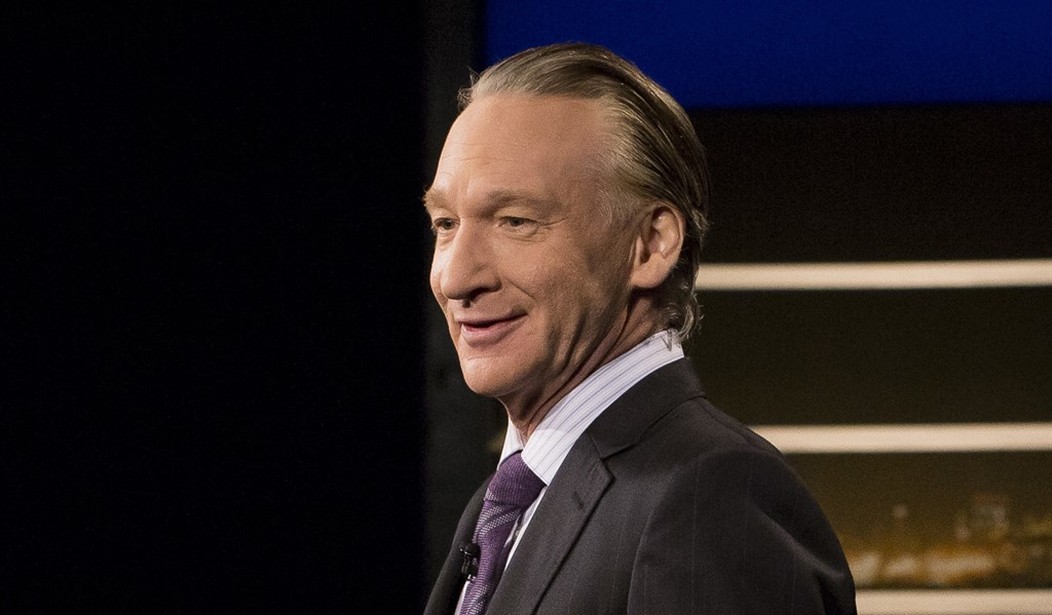When neuroscientist Andrew Huberman speaks, people tend to listen. The Stanford professor, whose work has reached millions through podcasts and lectures, recently sat down with comedian Bill Maher for a wide-ranging conversation that left audiences both stunned and inspired. In just a few minutes, Huberman raised profound questions about the state of modern medicine while also delivering a simple but powerful prescription for better health: Get more sunlight.
The first bombshell came when Huberman relayed a comment from one of his closest friends — a world-renowned neurosurgeon who chairs a major department and is widely regarded as among the greatest in his field. According to this top doctor, “more than half” of the information printed in today’s medical textbooks is flat-out false.
Andrew Huberman tells Bill Maher that his good friend, a chair of neurosurgery and possibly one of the greatest neurosurgeons in history, told him that "more than half" of the information in medical textbooks today is flat out false.pic.twitter.com/fDQIU3p0YL
— Joe Rogan Podcast News (@joeroganhq) August 23, 2025
That kind of statement doesn’t just rattle cages; it detonates them. For decades, patients have been told to “trust the science,” yet here is one of the field’s leading practitioners saying the foundations of medical education are riddled with error. It underscores a long-simmering problem: Medical knowledge doesn’t always keep pace with discovery. What was accepted as fact 20 years ago may now be outdated or disproven, yet it lingers in training materials, shaping the way new doctors think and treat patients.
The implications are staggering. If more than half of what medical students learn is inaccurate, that means millions of patients are being treated based on flawed or obsolete assumptions. It may explain why so many prescriptions fail, why medical reversals are so common, and why people are increasingly skeptical of blanket recommendations from public health authorities. As Huberman’s anecdote suggests, true progress in medicine requires a willingness to question orthodoxy and update practices in light of real evidence — not rigid adherence to outdated dogma.
But Huberman didn’t leave Maher’s audience with only pessimism. In the same conversation, he pivoted to one of his favorite topics: sunlight. And here, the science is clear.
“Getting morning sunlight,” Huberman explained, “is one of the very best things you can do for your sleep, your mood, your wakefulness, and for your mitochondria — the powerhouse of the cell.”
WATCH: Neuroscientist Andrew Huberman wows Bill Maher’s audience as he breaks down why sunlight is as vital as diet and exercise.
— The Vigilant Fox 🦊 (@VigilantFox) August 23, 2025
Nothing will make you want to step outside for sunlight more than this 3-minute clip.
• Getting morning sunlight is “one of the very best things… pic.twitter.com/Gd4wjy1UZR
RELATED: What Chris Pratt Said on Bill Maher's Podcast Is Going to Have the Left Even More Furious With Him
New MAHA Report Shows Today's Kids May Live Shorter Lives Than Their Parents Despite Higher Spending
What makes morning light so powerful is its effect on the body’s circadian rhythm, the internal clock that governs sleep and wake cycles. Exposure to natural sunlight in the early part of the day signals the brain to suppress melatonin, the hormone that makes you drowsy. Later, as the sun goes down, your body flips the switch and produces melatonin again — only this time in a stronger, more natural rhythm that helps you fall asleep easier and stay asleep longer. In simple terms, getting morning light is like pressing the reset button for your energy, mood, and sleep. Just a few minutes outside can set you up for a better day — and a much better night’s rest.
The benefits go further. Huberman pointed out that just two or three days of consistent morning sunlight exposure can boost both energy and immunity. Studies support this, showing that sunlight helps regulate hormones like cortisol and serotonin, which play critical roles in mood stabilization, immune defense, and overall longevity.
“If you’re concerned about mental health, physical health, or longevity,” Huberman told Maher, “morning sunlight viewing is really the anchor to all of it.”
It’s a message that resonates in an era when so much health advice feels complicated, expensive, or inaccessible. Gym memberships, boutique supplements, and the latest “biohacks” dominate headlines. Yet one of the most effective interventions for well-being requires nothing more than stepping outside and letting nature do the work.
The takeaways were clear. We should demand accountability from medical institutions that cling to outdated or disproven information. At the same time, we can take personal responsibility for simple, evidence-based steps that improve our lives. Huberman’s message was less about despair and more about empowerment: question what you’re told, but don’t ignore the obvious.
If half of what’s in medical textbooks is wrong, then the future of medicine will depend on separating myth from fact. In the meantime, there’s no reason to wait for the next revised edition. Tomorrow morning, the sun will rise. Step outside, take it in, and let nature’s medicine go to work.














